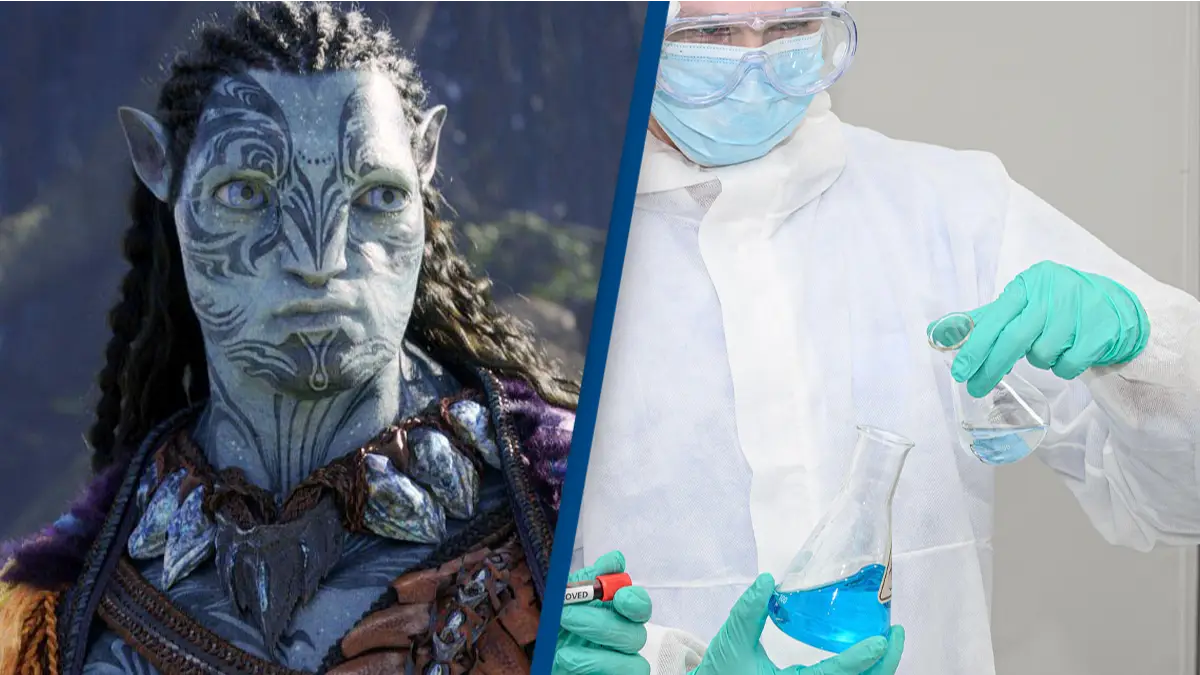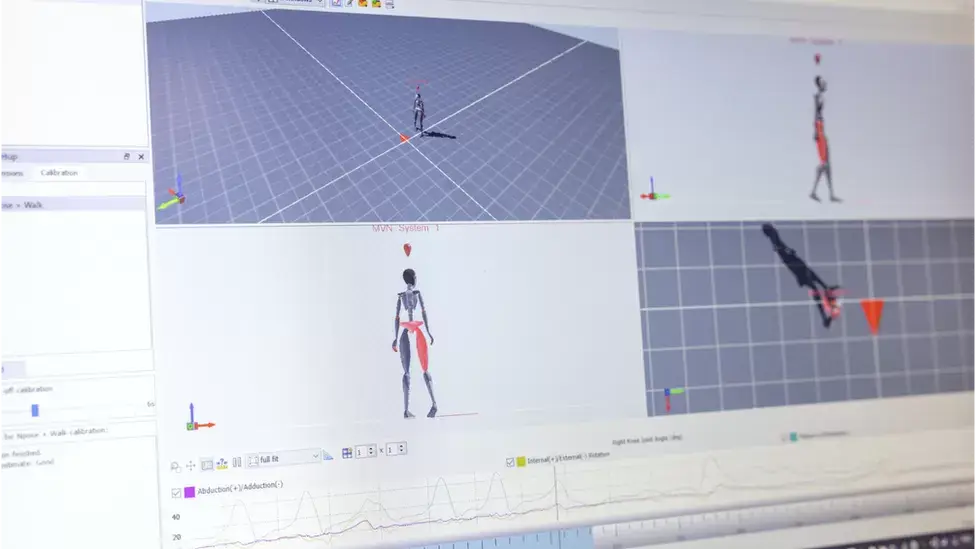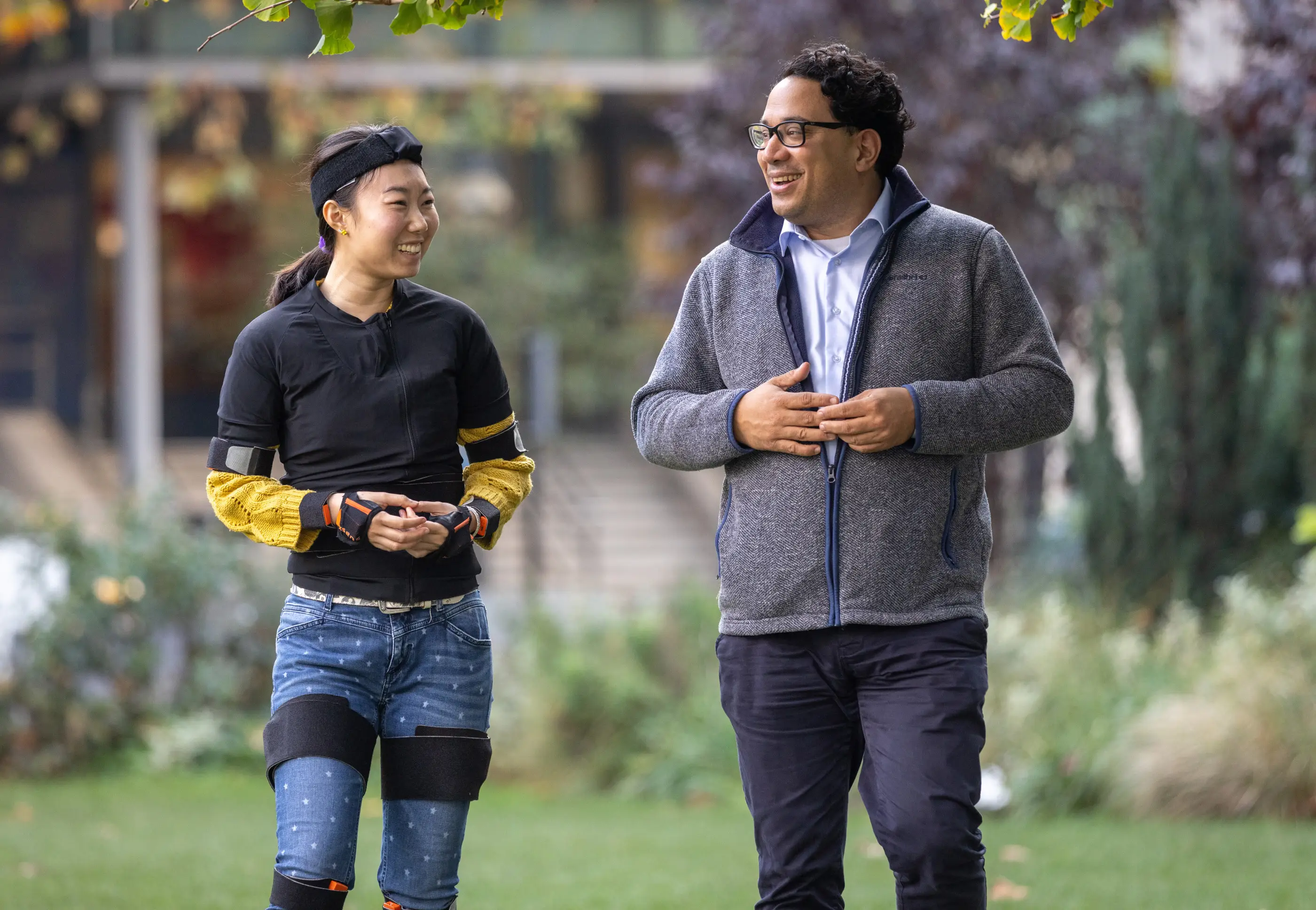
Movie making technology used prominently in films like Avatar is being repurposed into the tool of medical professionals.
The Avatar movies, of which there's more on the way, have been blowing up the box office (in a good way) as the James Cameron helmed films have been getting millions of bums into seats of varying hygienic standards.
While it tells the tale of distant planets and blue aliens called the Na'vi, James Cameron reckons it's also a way to prove cinema has still got the edge over streaming services.
Advert
Obviously a lack of actual blue aliens means most of the cast are swaddled in motion capture suits for their performances, with each and every movement tracked and uploaded to a computer.
However, it turns out that the technology used to film the movies has found a second life in modern medicine and the research into diseases which impair mobility.
Motion capture suits used in movies like Avatar can be used to track the way a person moves about, and if you show this movement to an AI it can analyse the body movements and do a decent job of working out whether there's something wrong.

The technology behind this has taken 10 years to develop, with researchers from Imperial College London and University College London working together.
The researchers conducted studies on patients suffering from Friedreich's ataxia and Duchenne Muscular Dystrophy and believe the motion capture suits could help people suffering from other types of diseases which impair mobility.
There are all sorts of other ailments which affect a person's ability to move around freely and comfortably, but it can often take a long period of time to accurately identify and diagnose such a disease.
In the studies conducted by the researchers they were able to identify the diseases twice as quickly as doctors.
In theory that massive reduction in diagnosis time would be a godsend for people afflicted with a disease which hampers their mobility, as the sooner it's identified the sooner it can be treated.
It could also help with the development of new medications and significantly bring down the cost of clinical trials.

Speaking to the BBC, Dr Valeria Ricotti of Great Ormond Street Institute for Child Health said she was 'completely blown away' by the studies and their findings.
She said: "The impact on diagnosis and developing new drugs for a wide range of diseases could be absolutely massive."
Prof Aldo Faisal, one of the researchers behind the study, explained that one of the benefits of the technology is that it 'detects subtle movements that humans can't pick up on'.
Here's to the future.
Topics: Health, Science, Technology, Film and TV